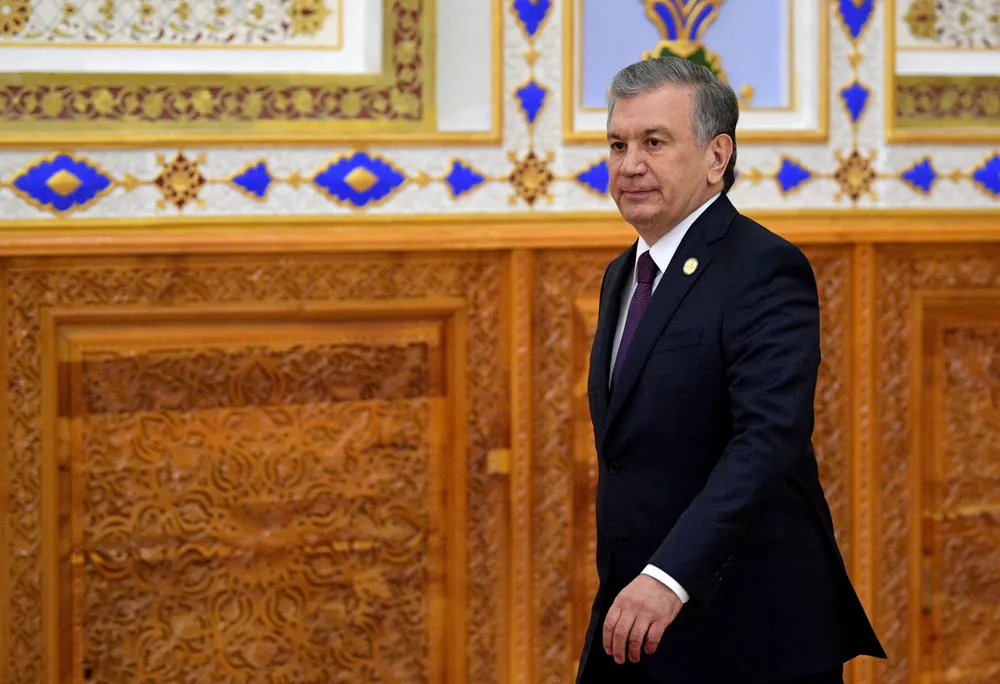Uzbekistan to bolster oil and gas production
Country intends to triple its gas output alongside growth of renewable energy projects and gas-fired power generation

Country intends to triple its gas output alongside growth of renewable energy projects and gas-fired power generation
